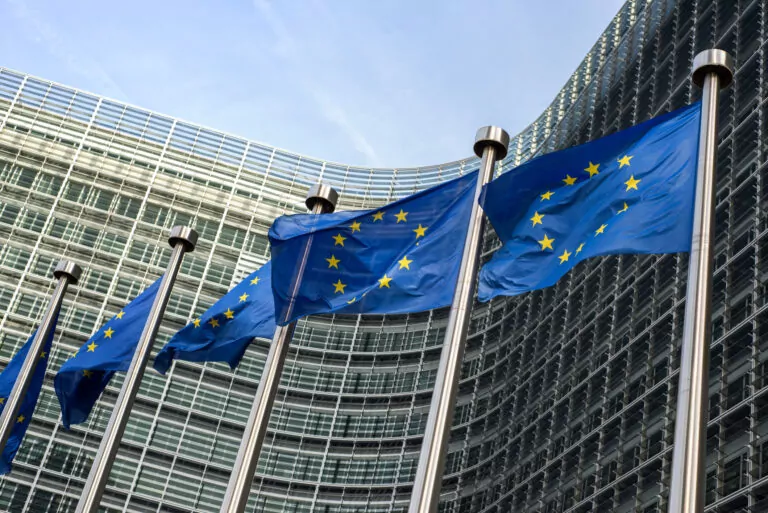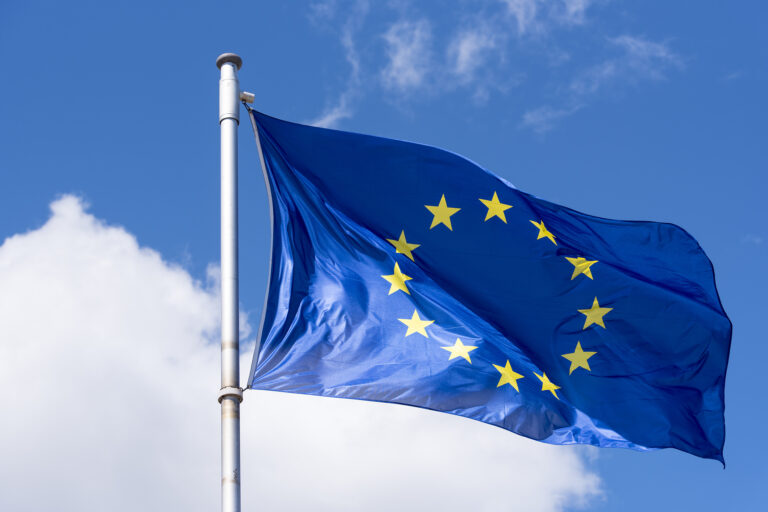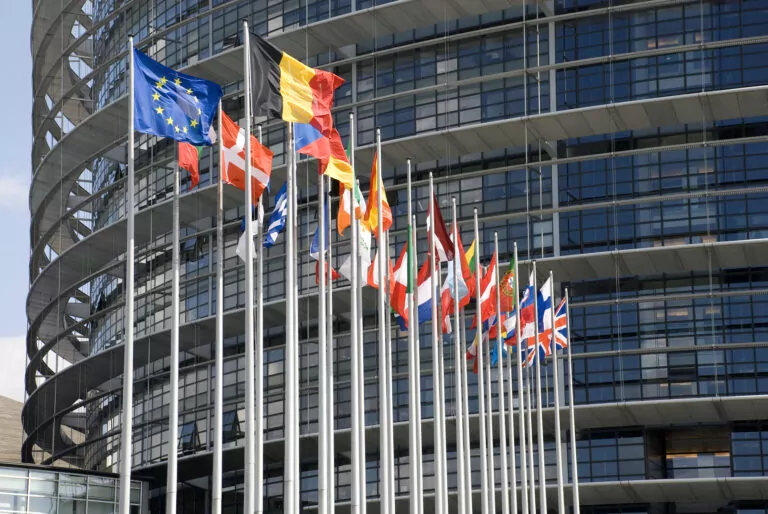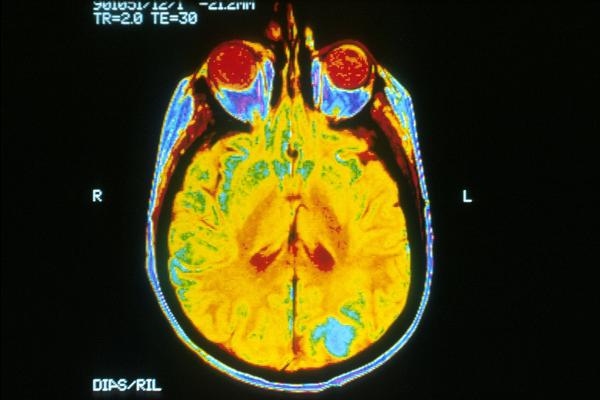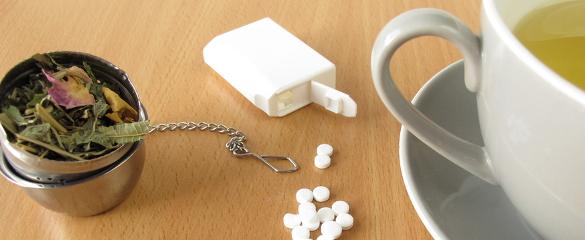Add to favorites:
Share:
Expected Outcome
The successful proposals will contribute to one of the challenges highlighted in the updated Food 2030 report, particularly under the Food 2030 pathway 7 “Nutrition and Sustainable Healthy Diets”[1], on how inadequate intakes, malnutrition and unhealthy diet affects people’s mental health and well-being.
They will contribute to the Commission communication on a comprehensive approach to mental health published in 2023[2] and to the Healthier together - the EU non-communicable diseases (NCD) initiative presented in June 2022[3].
Project results are expected to contribute to all the following expected outcomes:
- healthy diet is improved and the effects of unhealthy diets on mental health in children (above 36 months), adults (above 18 years old) and older population (above 65 years old) under different social and economic context for a European comprehensive overview are better monitored;
- science-based communication to policymakers and various professionals is improved and the understanding of the interlink between a healthy diet, nutrition and mental health wellbeing, in the children, adult and older population, is facilitated;
- mechanisms are identified to help to understand the effects of nutrition (i.e. food groups, beverages, macro- and micronutrients) on mental health disorders and also to prevent or exacerbate the development of any mental health disease also by taking into account, as far as possible, differential gender-specific dietary patterns;
- new and improved evidence support decision makers, public authorities, health and nutritional public and private institutes, and stakeholders in the assessment of those effects;
- sound data are identified for developing standardised/validated metrics and analysis approaches (including the use of Omics approaches) on the function/role of the gut microbiome and its interplay with host metabolism;
- knowledge is enhanced to improve nutrition in individuals with mental health disorders to ensure better health and longevity conditions;
- indicators are used to measure the beneficial or detrimental effect of food groups, beverages and, macro and micronutrients present in a daily diet and/or dietary behaviour on preventing mental health disorders.
Scope
Mental health has become a major issue of public health, and economic and social concern across Europe. A healthy dietary pattern can affect mental health and well-being through anti-inflammatory, antioxidant, neurogenesis, microbiome- and immune-modifying mechanisms, as well as through epigenetic modifications[4]. A good nutritional status is important for maintaining normal body function and adequate growth and development and preventing or mitigating the dysfunction induced by internal or external factors. Environmental psychology has demonstrated the positive impact of healthy nutrition on self-perception, self-efficacy, and successful relationships, as well as on several psychological constructs.
Moreover, alteration of the microbiome could also have an impact on neurodevelopment and neurodegenerative disorders as microbiome has been linked to several mental illness such as depression, bipolar disorders, schizophrenia[5].
The proposals should address all the following activities:
- establish the specific food groups, beverages, macro and micronutrients needed in a daily diet (from food sources or to be integrated to the daily diet) to prevent the development of mental health disorders in Europe and explore the need to characterise and supplement a healthy diet with specific macro and micronutrients in children, adults, and older population affected by specific diseases related to mental health disorders through interviews and literature review;
- establish, through a mapping of the most recent research and innovation projects, the 3-axis ‘diet-gut microbiome-host-health’ interplay to elucidate some molecular mechanisms and the causal relationship between changes in the gut microbiome and some mental health disorders (including the establishment of possible relevant biomarkers as necessary);
- provide recommendations and develop specific communication materials for prevention campaigns, in line with international and national health and dietary advice and related policies, for national authorities and for nutritional professionals, to communicate the link between healthy diets and mental health, as well as the need to supplement a healthy diet with macro- and micronutrients and/or adapt dietary patterns to prevent mental health disorders to patients;
- provide recommendations on how established deficiencies or excess intake of macro and micronutrients could be addressed, in line with international and national health and dietary advice and related policies, including means to increase or decrease nutrients in the diet, in particular in vulnerable groups.
The information is collected for different ranges of the population in Member States and Associated Countries. Experts, which make the link between the role of food groups, beverages, macro- and micronutrients to mental health, should work closely in identifying the main food groups, beverages, macro- and micronutrients needed or to be limited in a daily diet and which are linked to specific mental health disorders and the possible development of mental disease.
The involvement of citizens and civil society, including Citizen Science approach is encouraged as an appropriate research methodology/approach for this topic. Particular efforts should be made to ensure that the data produced in the context of this topic is FAIR (Findable, Accessible, Interoperable and Re-usable).
The proposals should include a dedicated task in the workplan and appropriate resources to collaborate with the projects funded under this topic.
The proposals must implement the 'multi-actor approach' and ensure adequate involvement of all relevant stakeholders and value chain actors including industry, nutritionists, healthcare professionals, scientists, patients, consumers associations. The active participation and engagement of different stakeholders should span the entire project development and implementation to ensure performance and sustainability and maximise the final impact.
The proposals should involve the effective contribution of SSH disciplines.
Where relevant, the proposals could consider complementarities and avoid duplication with other related funded projects. In particular ERA4Health partnership and the Nutribrain call topic[6] and JPND’s ERA-NET Cofund (JPcofund2) and the project ‘EURO-FINGERS multimodal precision prevention toolbox for dementia in Alzheimer’s disease’, which included nutritional guidance[7] (Call - Better Health and care, economic growth and sustainable health systems (H2020-SC1-BHC-2018-2020) [8].
[1] https://research-and-innovation.ec.europa.eu/news/all-research-and-innovation-news/new-report-food-2030-research-and-innovation-pathways-action-20-2023-12-04_en
[2] COM (2023) 298 final.
[3] https://health.ec.europa.eu/non-communicable-diseases/healthier-together-eu-non-communicable-diseases-initiative_en
[4] Maurizio Muscaritoli, The Impact of nutrients on mental health and well-being: insights from the literature. Frontiers in Nutrition, mini review 8 March 2021.
[5] Hayley A Young, Nutrition research reviews (2023) 36, 471-483.
[6] https://era4health.eu/nutribrain-2024/
[7] https://www.neurodegenerationresearch.eu/wp-content/uploads/2020/06/PROJECT-EU-Fingers.pdf
[8] https://ec.europa.eu/research/participants/data/ref/h2020/wp/2018-2020/main/h2020-wp1820-health_en.pdf
Partner Requests
Explore Real Collaboration Opportunities
🔍 As a logged-in member, you now have exclusive access to all active Partner Requests for this Funding Call.
See who’s looking for collaborators, explore exciting project ideas, and discover how others are planning to make an impact.
💡 Use these insights to get inspired—or take the next step and start a request of your own (3 entries for free).
Log in or registrate here for free.
You must be logged in to submit or manage a partner request.
Ask our experts about this call
Connect with the Listing Owner!
💬 Please log in now to send a direct message to our experts and ask your questions. Not a member yet? Sign up for free and start connecting today!
Related Funding and Finance Opportunities
Unlock Exclusive Funding Opportunities!
🔑 Get instant access to tailored funding opportunities that perfectly match your needs. This powerful feature is exclusively available to our premium members—helping you save time, stay ahead of the competition, and secure the right funding faster.
Upgrade to Premium now and never miss an important opportunity again! Already a premium member? Log in here to explore your matches.
Related Innovation Offers
Related Knowledgebase Resources
Discover More with Premium: Related Knowledge Resources
🔒 You’re missing out on expert-curated knowledge specifically matched to this topic. As a Premium member, you gain exclusive access to in-depth articles, guides, and insights that help you make smarter decisions, faster.
Whether you’re preparing a funding proposal, researching a new market, or just need reliable information—our Premium knowledge matches save you hours of research and point you directly to what matters.
Upgrade to Premium now and instantly unlock relevant knowledge tailored to your needs! Already a member? Log in here to view your personalized content.
Access Restricted
This funding opportunity is only fully available to premium members.



